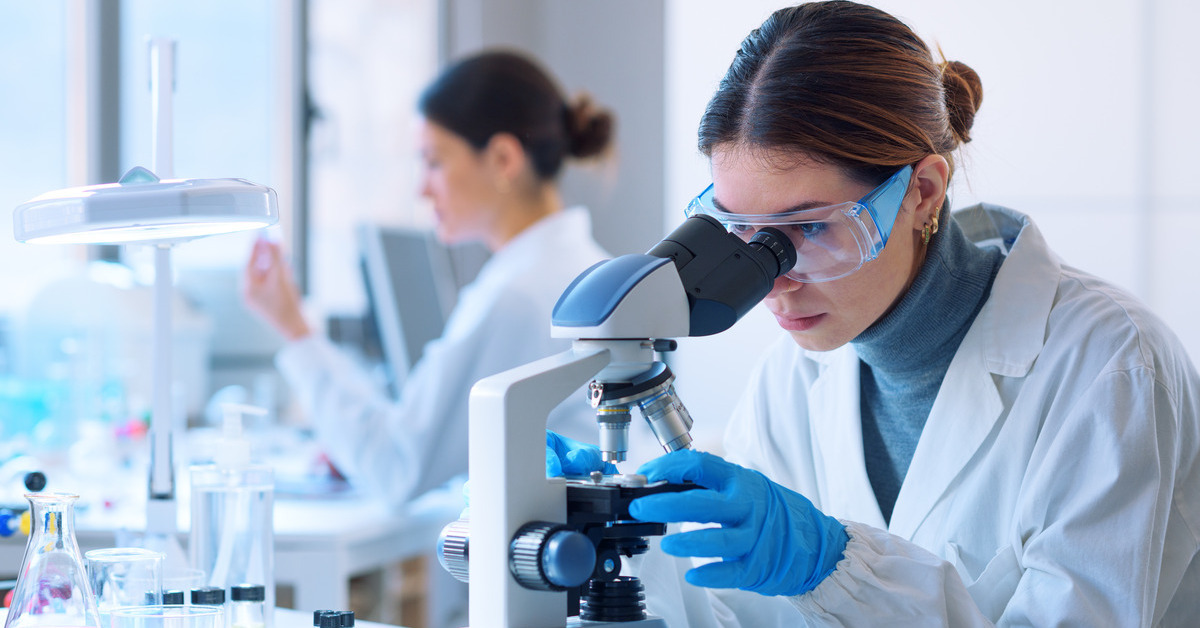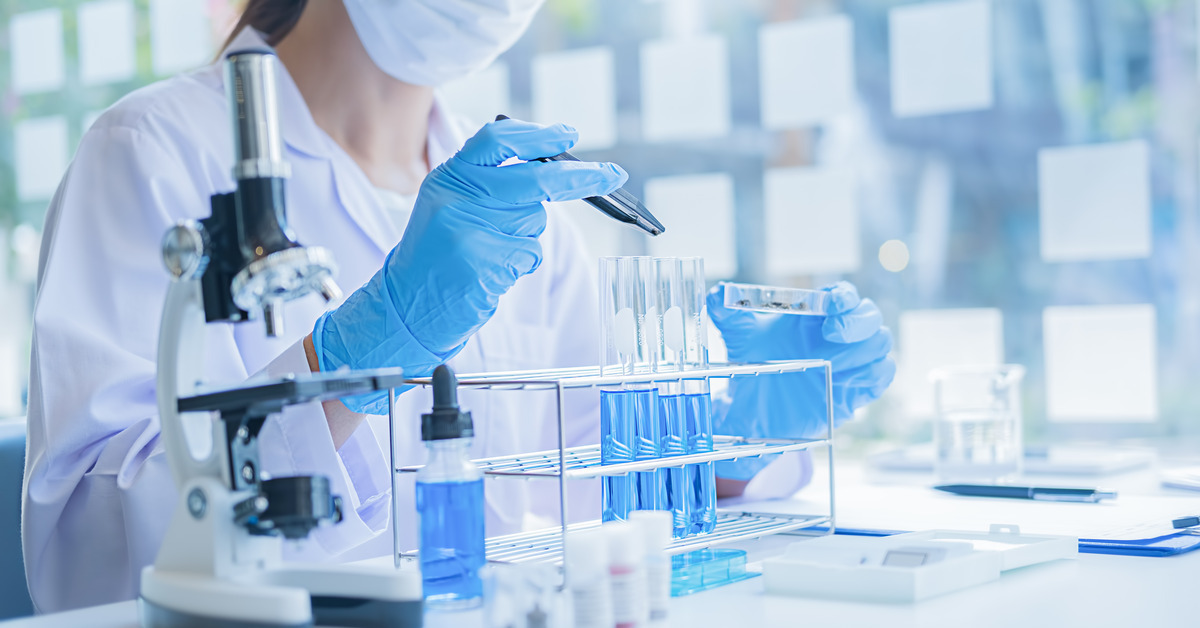Gas chromatography is a fascinating tool that opens countless possibilities within laboratories. It acts as a powerful method for separating and analyzing compounds, making it invaluable in various scientific fields. From detecting impurities to identifying unknown substances, gas chromatography serves a myriad of purposes.
Our guide will cover the diverse uses of gas chromatography in labs. Get ready to uncover how this technique revolutionizes research and industry alike and why it’s worth paying attention to if you’re involved in scientific pursuits.
Understanding the Basics of Gas Chromatography
Gas chromatography is a technique that separates chemical mixtures into bacan4d components for analysis. To do this, a sample is vaporized and then carried by an inert gas through a column filled with a stationary phase. This process allows scientists to identify and quantify substances in a mixture with great precision.
Lab workers favor gas chromatography for its ability to deliver detailed results quickly, making it an indispensable tool in many labs. While it might sound complex, the effectiveness of gas chromatography lies in its straightforward mechanics.
The Role of Gas Chromatography in Environmental Analysis
In the realm of environmental science, gas chromatography serves an essential purpose. Labs utilize this technique to monitor pollutants in soil, water, and air samples, ensuring they meet environmental standards.
By detecting trace amounts of contaminants, gas chromatography helps address environmental concerns and informs policymakers. Researchers can predict pollution trends and take preventive measures to safeguard ecosystems. Essentially, gas chromatography provides a window into understanding chemical changes in our environment.
Gas Chromatography in Food Safety Testing
Another important use of gas chromatography in labs is food safety testing. Labs employ it to detect harmful chemicals, such as pesticides and additives, in food products. This makes sure that the food supply remains safe for consumption and complies with regulatory standards.
Gas chromatography can precisely identify even the smallest traces of contaminants, enhancing confidence in food quality. Regular testing helps maintain consumer trust and promotes public health. Consequently, gas chromatography is a key player in the fight against foodborne risks.
Pharmaceutical Applications of Gas Chromatography

Gas chromatography also plays a role in the pharmaceutical industry. Researchers rely on it to analyze the purity of drug compounds and detect impurities. This ensures that medications meet safety standards before reaching consumers. By identifying and quantifying active ingredients, scientists can optimize drug formulations for efficacy.
Gas chromatography supports quality control processes, enabling pharmaceutical companies to produce safe and effective products. Thus, it serves as a backbone for innovation in drug development.
Forensic Science and Gas Chromatography
In forensic science, gas chromatography is a staple bacansports for crime scene investigations. Lab workers use it to analyze samples like blood, hair, and fibers, which can reveal crucial evidence.
By identifying substances in these samples, forensic scientists can reconstruct crime scenes and support legal proceedings. Gas chromatography offers insights into toxicology reports and can link suspects to criminal activities. The precision and reliability of this technique make it indispensable in solving cases and delivering justice.
Gas Chromatography in Petrochemical Analysis
The petrochemical industry also benefits from gas chromatography by using it to analyze complex mixtures of hydrocarbons in fuels. This helps refine processes and quality control so products meet industry standards.
By examining the molecular composition of petroleum products, companies can optimize production and minimize waste. Gas chromatography supports the development of eco-friendly fuels and reflects the industry’s commitment to sustainability. Its applications extend across the entire petrochemical value chain.
Clinical Diagnostics and Gas Chromatography
Gas chromatography has applications in clinical diagnostics, where it aids in the analysis of bodily fluids. It helps detect and measure biomarkers related to various health conditions. This information assists health-care professionals in diagnosing diseases and monitoring patient progress.
By providing accurate assessments of metabolic profiles, gas chromatography contributes to personalized medicine. Its role in developing diagnostic tests ensures early intervention and improved patient care.
The Importance of Gas Chromatography in Research

Research laboratories worldwide rely on gas chromatography to advance scientific knowledge. By studying chemical structures and interactions, scientists can develop new materials and technologies.
Gas chromatography enables researchers to conduct experiments with precision and reliability, which fosters innovation. Its versatility makes it essential for studies across disciplines, from chemistry to biology. Ultimately, gas chromatography is a keystone in the pursuit of scientific discovery.
How Gas Chromatography Enhances Quality Control
Gas chromatography significantly benefits quality control processes by maintaining product consistency and safety. Manufacturers use it to analyze raw materials and finished goods and, as a result, identify impurities and deviations.
This guarantees that products meet specifications and maintain high standards. Gas chromatography supports efficient production processes by minimizing defects and optimizing resources. In doing so, it protects brand reputation and builds consumer trust.
Exploring the Future of Gas Chromatography
The future of gas chromatography promises even greater advancements driven by technological innovations. Developments in instrumentation and data analysis will enhance its speed and accuracy. Labs can expect more automation and integration with other analytical techniques, which will broaden their applications.
Gas chromatography will continue to play a vital role in addressing global challenges, from environmental conservation to health care. Its evolution will shape the landscape of scientific research and industry practices.
If you’re setting up a gas chromatography lab, you can buy pyridine from reliable suppliers like Post Apple Scientific. With decades of experience, Post Apple Scientific provides high-quality scientific supplies to support your research.
Gas Chromatography and the Scientific Community
Beyond its technical applications, gas chromatography fosters a sense of community among scientists. Shared experiences and knowledge exchanges help advance the field and inspire collaboration. Conferences and workshops provide platforms for researchers to network and share insights.
This spirit of camaraderie encourages continuous learning and drives innovation. Through collective efforts, scientists can unlock the full potential of gas chromatography and its contributions to society. Gas chromatography remains a powerhouse in the lab setting, offering diverse applications across industries. Its precision and reliability drive advancements in environmental monitoring, pharmaceuticals, food safety, and more.
Whether you’re a seasoned scientist or a newcomer, gas chromatography provides valuable insights into chemical processes. For those interested in exploring its potential further, consider Post Apple Scientific as your go-to supplier. With over 2,500 chemical reagents to choose from, you’ll be sure to find the option that works for your lab.

